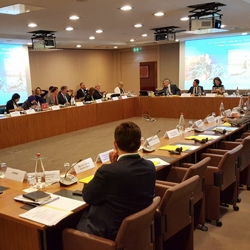On the 31st October, prior to the ICRI general meeting, Reef-World managers attended the 2nd Global Coral Reef Partnership (CRP) meeting in the Ministry of Overseas Territories in Paris. In 2014, UN Environment and Regional Seas Conventions and Action Plans (RSCAP) initiated a Global Coral Reef Partnership to support countries to deliver internationally agreed coral reef commitments by strengthening ecosystem-based management of coral reefs. The UN Environment serves as Secretariat of the partnership under which Green Fins operates. This meeting revolved around the development of a work plan for 2016-2017 under which representatives of regional seas programmes, technical partners (Reef-World) and other NGO’s agreed on how initiatives, such as Green Fins, can achieve the recently adopted United Nations Environment Assembly 2 on coral reefs, the Regional Seas Strategic Directions 2017-2020 and the Sustainable Development Goals. These are the frameworks under which Green Fins operates helping governments achieve their committed targets. It was a long day that saw the continued commitment from all partners ensure the sustainable use of coral reefs globally in a more uncertain and threatened climate. With the Eiffel Tower peering in through the window, set targets were agreed on that will help the survival of coral reefs for years to come.
As full members of the International Coral Reef Initiative, The Reef-World Foundation who oversee the global coordination of Green Fins attended the 31st ICRI general meeting in Paris, from the 2nd to the 4th of November. This was the first year of the new joint secretariat hosted by the countries and member states of France and Madagascar for 2016 and 2017. Coinciding with the effective date of the Paris Agreement coming into force on the 4th November, the 3 day meeting provided an opportunity for members to update everyone on the last years various activities that fall in line with the ICRI Call to Action demanded of its members.
This year’s gathering comes off the back of the 3rd Global Coral Bleaching Event that has seen in some countries up to 74% of its coral reefs bleached, with many corals not recovering and showing early signs of coral death. As climate change takes an ever more considerable toll on marine life and ecosystems globally, member states have to work in ever increasingly more innovative and sustainable conservation approaches to increase the resilience of coral reefs from a growing list of threats. As it stands the majority of coral reefs are sliding towards a system that will no longer be functional within the next 30-50 years upon which billions depend on for food and livelihoods. This sobering meeting also provided an opportunity to hear many stories of hope and successes with more involvement from the private sector and programmes that are working more across country borders, an approach that is needed for a cross border issue.



